The New York Islanders offseason was an interesting one, considering the moves made prior to the expansion draft and at the end of the free agency but ultimately, a successful one. The Islanders traded Nick Leddy to the Detroit Red Wings and allowed the Seattle Kraken to select veteran forward Jordan Eberle, losing two veteran contributors but also opening up salary cap space in the process, allowing the team to retain the majority of their pending free agents including Kyle Palmieri, Anthony Beauvillier, Adam Pelech, and more. Ultimately, the team had one of the more successful offseasons in the division considering the state the franchise was in and what the front office is hoping for from the roster next season, which is to win the Stanley Cup for the first time since the 1982-83 season.
The rest of the Metropolitan Division addressed their respective needs in the offseason, thus creating one of the more competitive divisions for next season. The question is what were the moves that put some of the divisional rivals over the top or conversely, set them back?
Columbus Blue Jackets: B+
The Columbus Blue Jackets entered the offseason with the clear intention to rebuild after a disappointing regular season, winning only 18 games last season, which was third-fewest in the NHL. After the 2021 NHL trade deadline where they started to trade away some of the key contributors like defenseman David Savard, the Blue Jackets continued the rebuild and traded Seth Jones to acquire more draft picks, giving the team more draft capital than any other team in the NHL. With the roster starting essentially from scratch, general manager Jarmo Kekalainen made some strong signings including center Sean Kuraly and defenseman Jake Bean to give the team depth as they continue to rebuild.
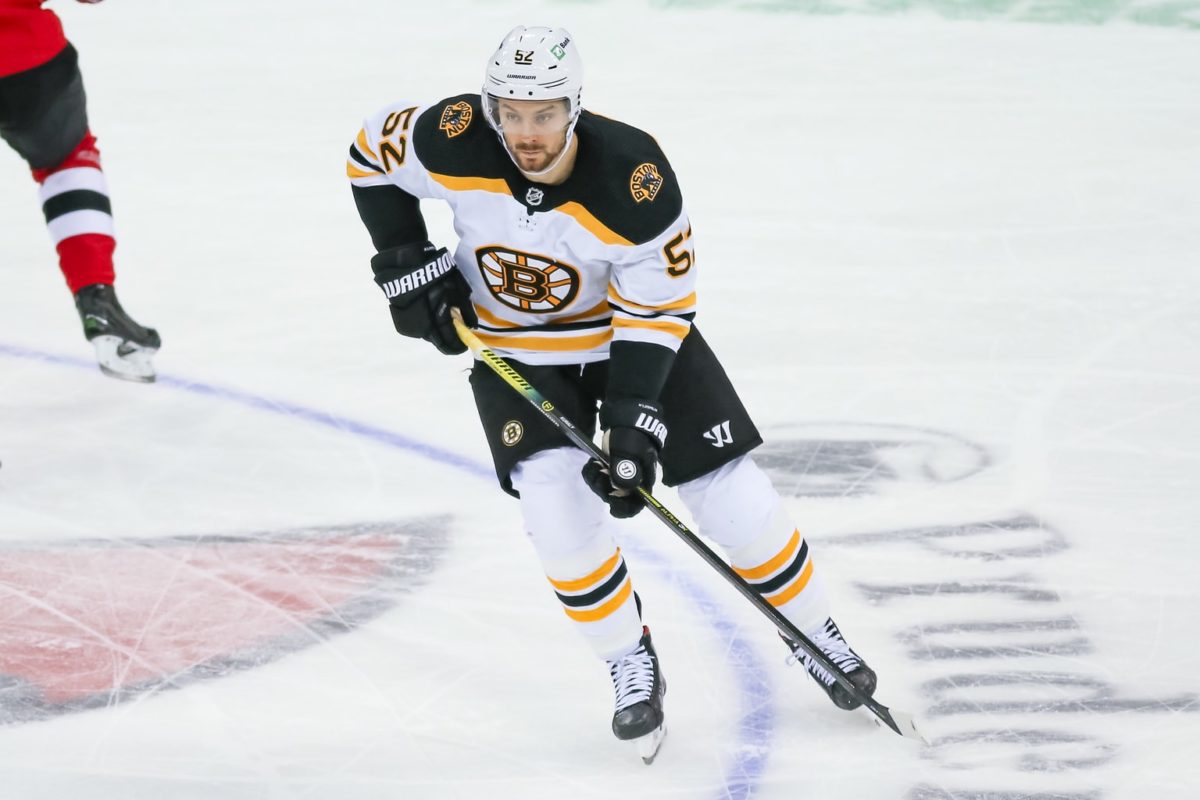
When comparing the Blue Jackets offseason to the Islanders, it’s important to keep in mind the state of each franchise, with one team hoping to compete for the Stanley Cup while the other hoping to build a competitive roster in the near future. The Islanders offseason might be regarded as more successful as it puts them in a better position for the upcoming season but the Blue Jackets entered this offseason with the clear objective to rebuild and made all the moves necessary to do such, leaving the team with a surplus of draft picks and young players moving forward.
New Jersey Devils: B+
The New Jersey Devils were one of the more active teams in the NHL this offseason with both trades and free-agent signings alike. The Devils acquired defenseman Ryan Graves from the Colorado Avalanche, signed veteran defenseman Dougie Hamilton, forward Tomas Tatar, and goaltender Jonathan Bernier. The transactions helped some of the glaring needs on the roster including the defensive unit, forward depth, and goaltending but there is doubt about how these signings will impact the roster in the upcoming season and in the years to come.
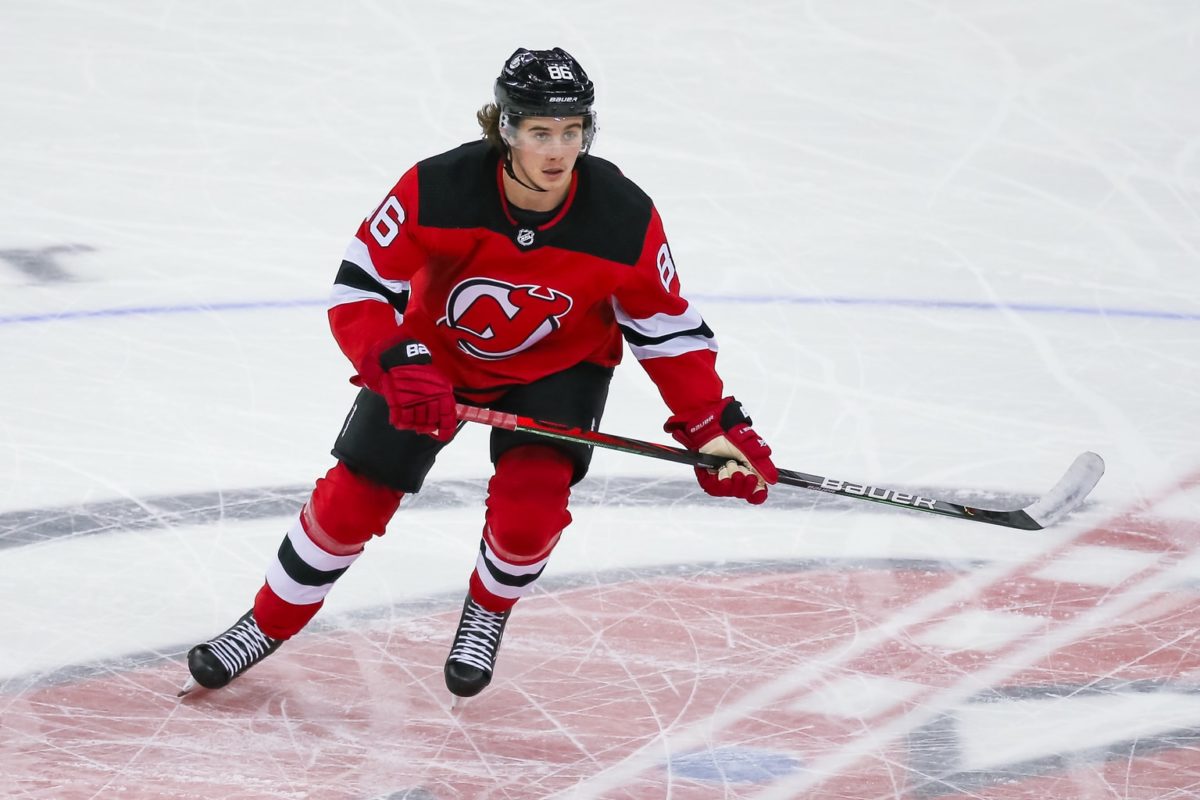
Based on the moves the Devils made in the offseason, it’s easy to see a team that won only 19 games last season making a big leap and giving the Islanders strong competition. The problem is the offseason appears to be going against the general direction that the Devils were heading in throughout last season and this season as well, which is building around the young core of Jack Hughes, Ty Smith, and Nico Hischier. If the signings work out, they could be one of the best teams in the Metropolitan Division but similar to the 2019 offseason, where the team made a plethora of transactions, if the moves backfire, the franchise can be looking to rebuild after a failed rebuild, setting them back for more years before being competitive.
New York Rangers: B
The New York Rangers entered this offseason with a similar situation, albeit with a bit more promise, as the Devils. After a season with 27 wins and possessing a young core of key contributors led by reigning Norris Trophy-winning defenseman Adam Fox, the Rangers entered this offseason with the primary objective to build around and retain their young roster.
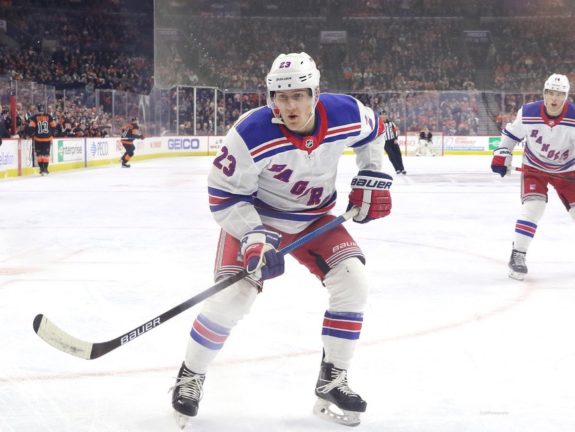
Signing restricted free agent 26-year-old goaltender Igor Shesterkin to a four-year $5.6 million per year deal was, oddly enough, the best move the front office made in the offseason as they locked up their young goaltender of the future, coming off a season where Shesterkin had a .916 save percentage (SV%) and a 2.16 goals-against average (GAA) off of 987 shots. Otherwise, the team acquired forwards Barclay Goodrow and Ryan Reeves and subsequently gave both veterans new deals, helping add depth to the forwards unit but ultimately, the front office didn’t want to change the direction of the franchise and rush the rebuild.
Carolina Hurricanes: B-
The Carolina Hurricanes were one of the more active teams in the offseason and it’s unclear if all the transactions will translate to success next season or if the moves will ultimately pay off. The Hurricanes lost veteran defenseman Dougie Hamilton and traded starting 25-year-old goaltender Alex Nedeljkovic to the Red Wings after a 2020-21 season where he posted a .932 SV% and a 1.90 GAA on 648 shots. However, the front office brought in veteran goaltender Antti Raanta and defenseman Ian Cole to help the backend of both units and most importantly acquired 21-year-old forward Jesperi Kotkaniemi after the Montreal Canadiens failed to match the offer sheet, giving the forward unit one of the best young skaters in the game.

Like the Islanders, the Hurricanes were one of the best teams in the NHL last season, winning 36 regular-season games, and were arguably favorites to win the Stanley Cup. Also, like the Islanders, the Hurricanes hit a wall in the Tampa Bay Lightning and world-class goaltender Andrei Vasilevskiy in the playoffs who went on to win the Stanley Cup, leaving both teams optimistic about the upcoming season. However, both teams took two completely different approaches to the offseason with Carolina losing some of its key contributors from last season in the process.
Philadelphia Flyers: B-
The Philadelphia Flyers didn’t make any major acquisitions rather they made plenty of under-the-radar acquisitions that will improve the roster as a whole, acquiring Ryan Ellis, Rasmus Ristolianen, and Keith Yandle. Considering the state of the franchise heading into the upcoming season, it might have been the best strategy for the team rather than a surplus of big moves. The Flyers are coming off a disappointing season where they only won 25 games and after a 2019-20 season where the team finished with the second-best record in the Metropolitan Division, it appeared that the issues on the roster fell directly on the goaltending unit, which is what the front office primarily addressed in the offseason.
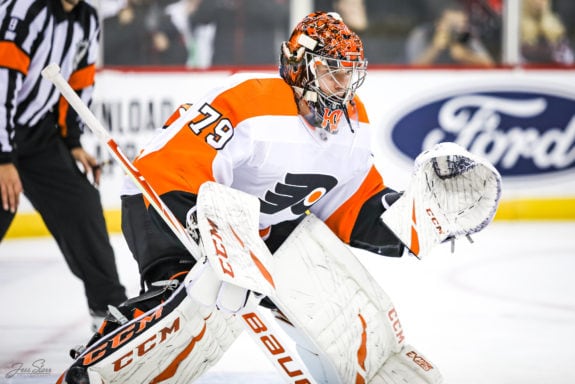
After signing 23-year-old goaltender Carter Hart to a three-year $3.9 million deal, the front office brought in veteran goaltender Martin Jones on a one-year $2 million deal to not only split starts with the young franchise goaltender but also to help provide a veteran presence.
Pittsburgh Penguins: C
The Pittsburgh Penguins were one of the teams most affected by the offseason, losing many of the key contributors of the 37 win season and the best record in the East Division in 2020-21. Prior to the Expansion Draft, the Penguins traded center Jared McCann to the Toronto Maple Leafs and then lost forward Brandon Tanev to the Seattle Kraken in the Expansion Draft. Furthermore, in free agency, veteran defenseman Codi Ceci signed with the Edmonton Oilers after a season where he contributed 17 points on the offensive end of the ice while also adding 2.8 defensive point shares and 70 blocked shots and was one of the best defensemen on the roster.
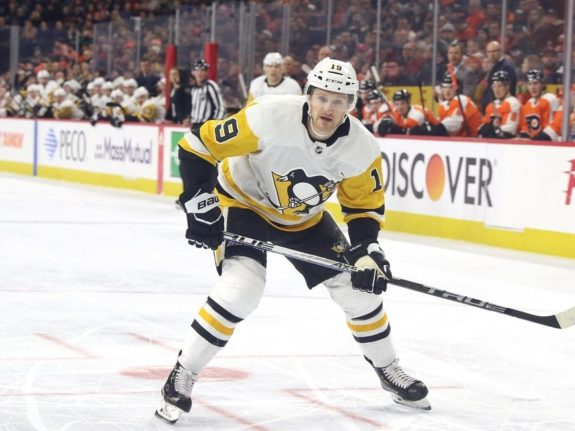
The Penguins finished with the best record in the division last season in large part because of their depth in every unit. They still have one of the best top lines in the NHL, with Sidney Crosby, Jake Guentzel, and Bryan Rust all returning after scoring 20 goals or more last season. However, considering all the skaters that will have to be replaced on the back end of both the forward and defensive unit, it’s unclear if the Penguins will remain one of the best teams in the division.
Washington Capitals: D
The Washington Capitals offseason was highlighted by two players in Alexander Ovechkin and Vitek Vanecek. Ovechkin signing a five-year $9.5 million deal was great news for the Capitals as they locked up their best offensive player, albeit at 35 years old and with a high salary cap hit. The Vanecek saga, however, is a headscratcher, to say the least, and arguably set the franchise back and gave the team a worse roster heading into the upcoming season.
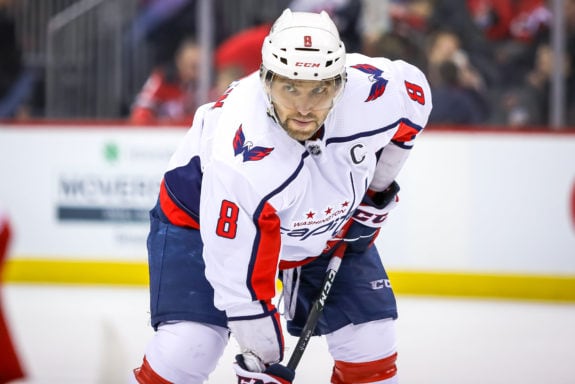
The Capitals entered the Expansion Draft inevitably needing to expose one of their two goaltenders in Vanecek or Ilya Samsonov to the Kraken but despite protecting Samsonov, could have easily traded away Vanecek to a team looking for goaltending depth in exchange for a late-round draft pick. However, the Capitals left the 25-year-old goaltender unprotected and ultimately, selected by the Kraken, only to re-acquire him in free agency and lose a second-round draft pick in the process.
The Islanders Grade In Comparison To The Division: B+
The Islanders didn’t have a great offseason with no major signings or blockbuster trades. Considering how the rest of the division fared in the recent months, the Islanders still put together one of the best offseasons in the division as they retained the majority of the players that led the successful season while also leaving room to acquire veteran forward Zach Parise. None of the teams in the Metropolitan Division made transactions that put their team over the top rather, the division is up for grabs, making the upcoming 2021-21 NHL one that should be exciting to follow in a competitive division.